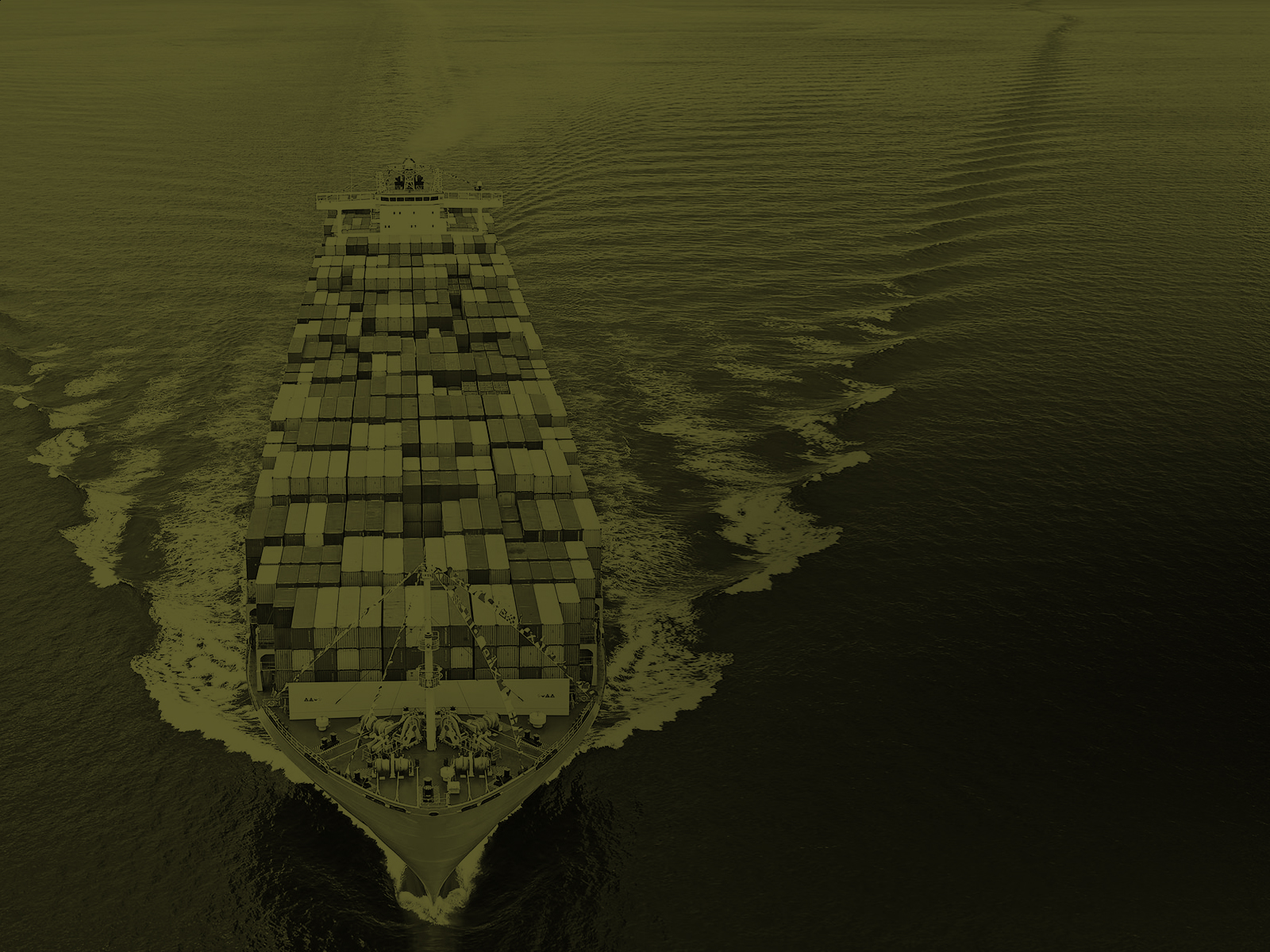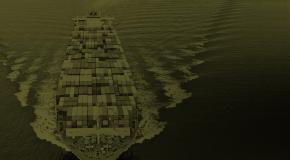In 2009 a consortium led by Korea Electric Power Corp (Kepco) won a contract to design, build and help operate the UAE’s first nuclear reactors—beating a rival bid from Areva of France, which many Western observers had assumed would be the winner, given France’s long history of nuclear power production. However, the South Korean bid to build the four planned reactors was perceived as being better value. The project, which was designed to be rolled out in three phases, coming on stream between 2017 and 2020, is to add a total of 5,600 mw to the UAE’s electricity-production capacity at an estimated cost of US$18.4bn. (It is possible that the cost and timeline will be reviewed following the 2011 nuclear disaster in Japan, which has added to international concerns about the safety of nuclear power, although the UAE seems unlikely to join Germany in reversing its policy in nuclear power generation.) The French bid was reported to cost significantly more. In addition, some Western companies working in the UAE give credit to South Korean officials for putting more time and effort into high-level visits to the UAE than the French leadership did in the run-up to the bid, in a region where government-to-government relations can be an important factor affecting business.
The success of the South Korean consortium, which also includes Hyundai Engineering and Construction, and Doosan Heavy Industries and Construction Company, was a wake-up call for Western firms operating in high-tech industries, in energy and elsewhere. Traditional Western
manufacturing has faced tough competition from Asia for years, first from Japan and more recently from China, which has rapidly increased exports to the Middle East in the past few years and which is now the main supplier of exports to the region. But Western firms have generally
assumed they could maintain a competitive edge in terms of technological innovation and scientific expertise, given the West’s early and ample investment in research and development (R&D). The South Korean consortium’s success in winning the contract may be a signal that this assumption may no longer be valid.





